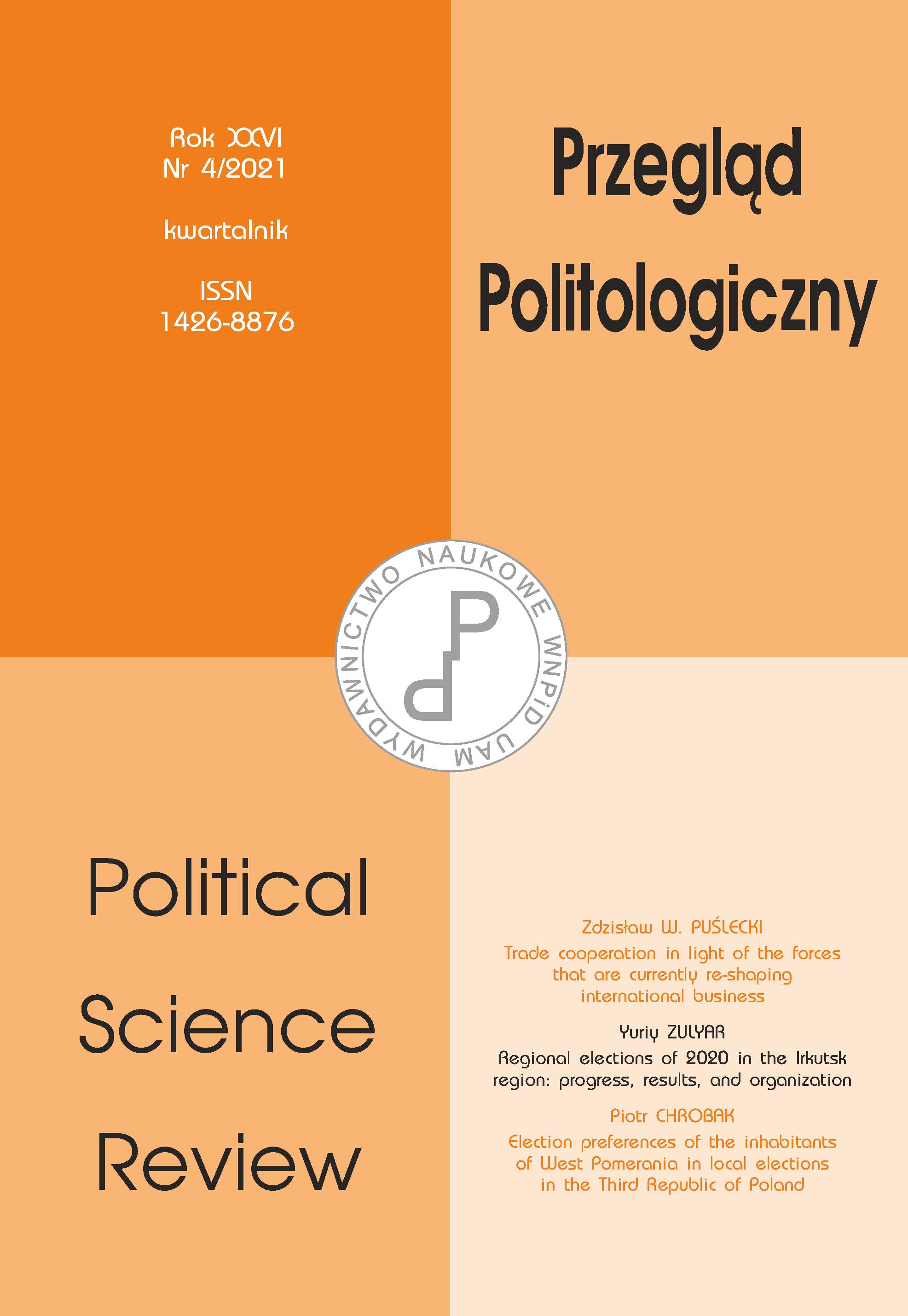Trade cooperation in light of the forces that are currently re-shaping international business
Trade cooperation in light of the forces that are currently re-shaping international business
Author(s): Zdzisław W. PuśleckiSubject(s): Politics
Published by: Uniwersytet Adama Mickiewicza
Keywords: foreign trade policy; public choice; liberalism; protectionism; autoritarian regimes; bilateralism
Summary/Abstract: In this research work, Author focus on the analysis trade cooperation in light of the forces that are currently re-shaping international business. Accordance to the foreign trade policy theory further trade liberalisation and improved framework policies would increase trade and promote growth. It must be emphasized that openess to trade is associated with higher incomes and growth and there are the need for new approaches to trade cooperation. What indicates the importance and innovativeness of the research is the presentation of the new models of the foreign trade policy and trade interests. First of all it must underline that in the new theoretical terms in the demand for trade policy very important is factor specificity. The low specificity of factors means that factor returns are equalized throughout a region’s economy. On the other hand some factors are stuck in their present uses; therefore, factor returns are not equalized throughout a region’s economy, but are industry specific. The main objective of the research task is to give a comprehensive analysis of current trends in foreign trade theory and policy and in particulary the models of foreign trade policy, trade interests indicated by export orientation and import sensitivity, foreign trade policy in different types of authoritarian regimes, protectionistic pressures in different political system, the level of protectionistic pressures, the variation in the foreign trade policy among states, the liberalisation of China foreign trade policy and their effects, the tendencies to international trade liberalisation and the problem of environmental protection, and the tendencies to bilateralism in the foreign trade policy. It should be stressed that free trade in itself is not responsible for economic growth, but more significant are the determining macroeconomic stability and increasing investment.
Journal: Przegląd Politologiczny
- Issue Year: 2021
- Issue No: 4
- Page Range: 5-36
- Page Count: 32
- Language: English

